| Sorted by date | |||
page052from Building IdeasPoetics he set out a lot of practical advice, covering the construction of plots and dramatic characters for the theatre. Throughout he is concerned with this potential to educate an audience through the actions of the performers dealing with moral dilemmas. The experience of catharsis – the emotional release of shared experience – is described as a major effect of tragic drama in the theatre. It is this ability of the audience to empathise with the characters’ emotions that becomes the standard for all art, whether musical or visual. This notion that art offers a heightening of experience became a powerful force in later thinking on aesthetics. As Aristotle writes in the The Poetics, it allows an approach to the universal beyond that provided by the “imperfect” individual:
As tragedy is an imitation of personages better than the ordinary man, we should follow the example of good portrait-painters, who reproduce the distinctive features of a man, and at the same time, without losing the likeness, make him handsomer than he is.3 When Aristotle writes of beauty in the more abstract sense, he cites order and harmony as its fundamental components. Like Plato, he looks to nature for examples of these qualities, but he concentrates on physical causes rather than metaphysical models. He proposed an inner force to explain the functioning of living organisms, as well as the cause-and-effect principle, which would influence later thinking in science. Where Plato tried to show the emergence of the particular from the universal, Aristotle reversed this movement with his normative ideals. Similarly, in Plato, the artist seems trapped by the universals and restricted to the imitation of the forms found in nature. In Aristotle, however, the individual has some freedom to discover, like the scientist, new ideals in the world. The opposition set up here between the two views of the artist became part of a dichotomy between two systems of thought. From Plato’s idealism and the dominance of the intellect came the Rationalist tradition of Descartes, Hegel and others. On the other hand, from Aristotle came an emphasis on the 3 Aristotle, The Poetics, translated by I. Bywater, Princeton University Press, Princeton, 1984, 1454b, p 2327.
|
|||
|
|||
|
|
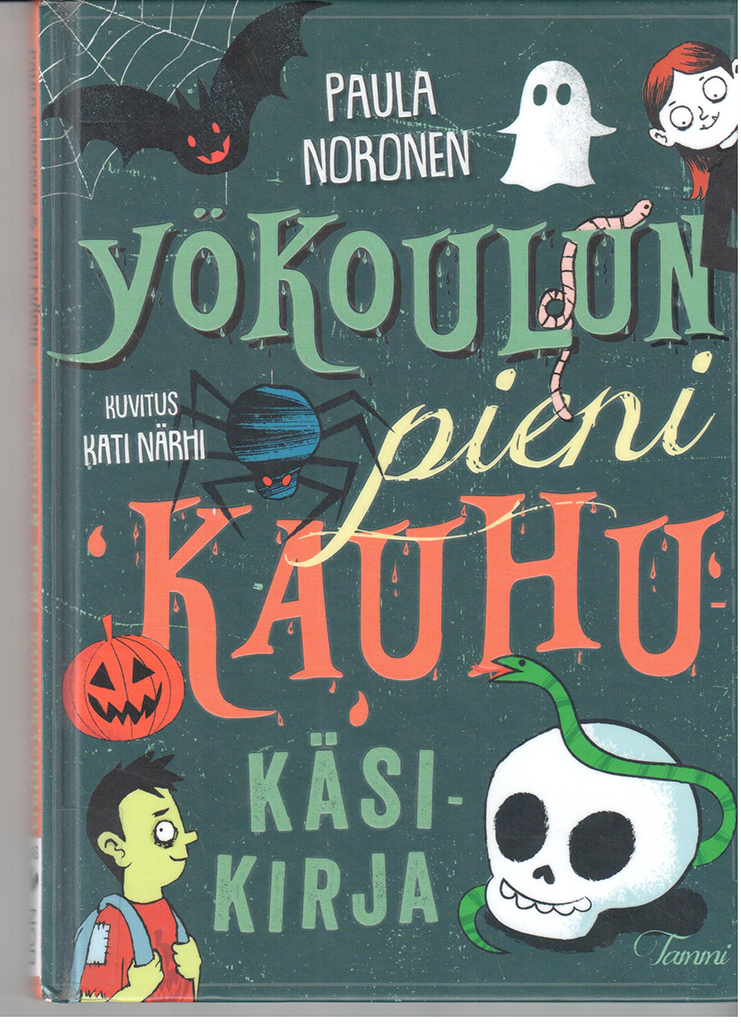 ... ...
... ... ... ...
... ... ... ...
... ...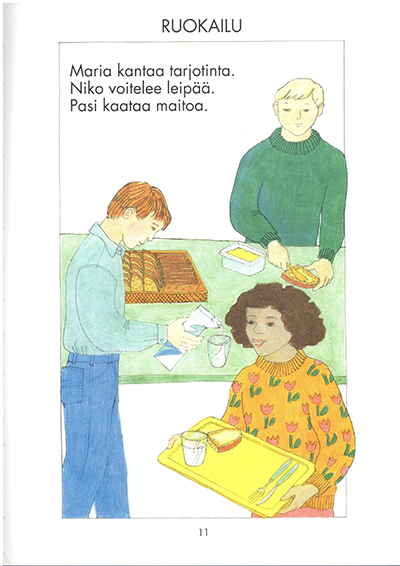 ... ...
... ... ... ...
... ... ... ...
... ...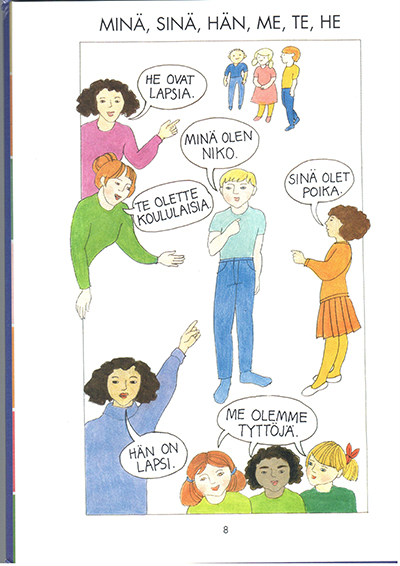 ... ...
... ...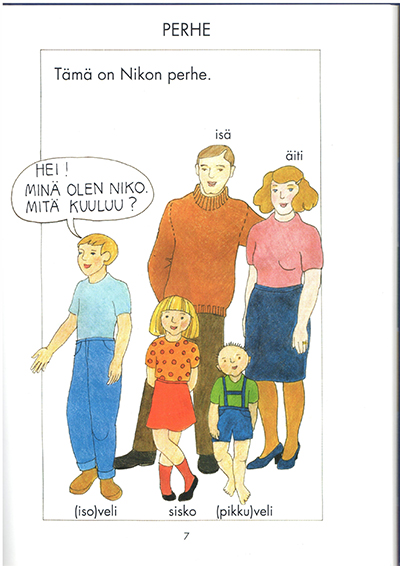 ... ...
... ... ... ...
... ...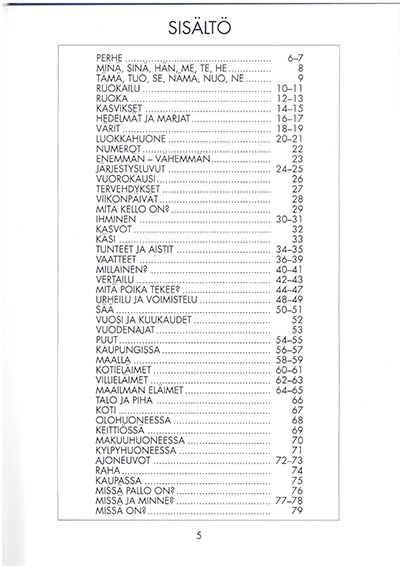 ... ...
... ... ... ...
... ... ... ...
... ...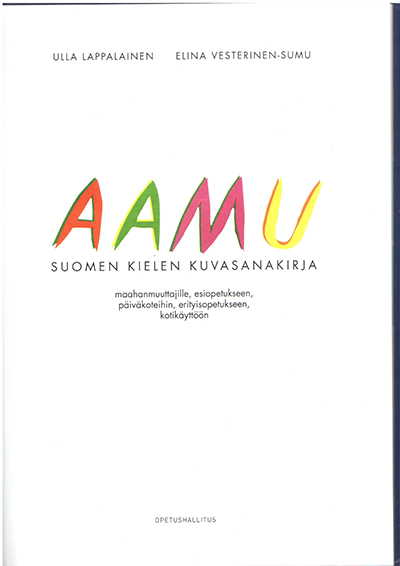 ... ...
... ...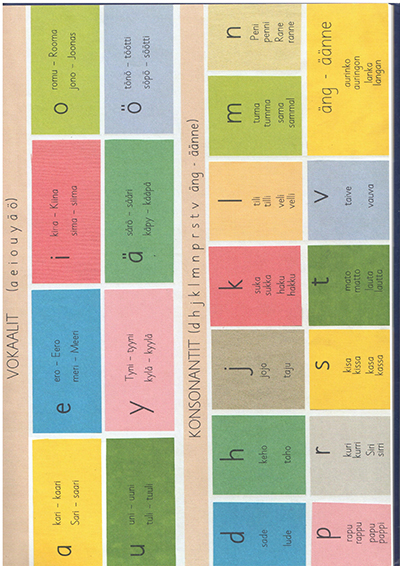 ... ...
... ...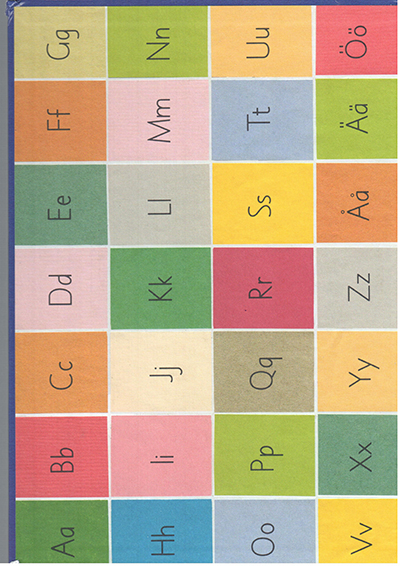 ... ...
... ...